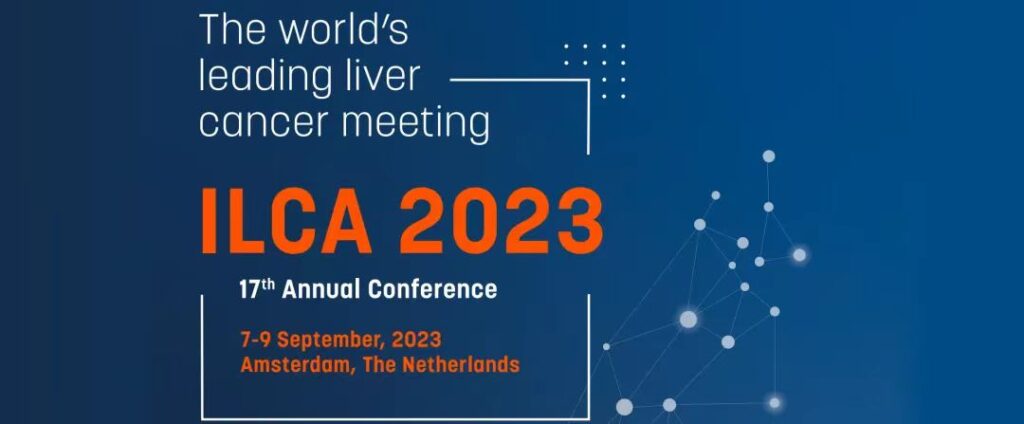Dr. Masatoshi Kudo: “T+A” Shows Significant Clinical Benefits in Intermediate-Stage HCC Patients Unsuitable for TACE Treatment
Hepatocellular carcinoma (HCC) is a prevalent malignant tumor posing a significant threat to human health with considerable heterogeneity. Specifically, intermediate-stage HCC spans a range from liver function reserve ChHepatology Digest-Pugh A grade (5 points) to B grade (9 points), tumor sizes from 5 cm to >10 cm, and the number of nodules from 4 to >10. There is an urgent need for refined clinical treatments. Significant advancements in systemic treatments have recently improved the survival of advanced-stage HCC patients. Systemic treatments for intermediate-stage HCC have become a major focal point in the field. At the recently concluded 17th International Liver Cancer Association (ILCA) Annual Meeting, Dr. Masatoshi Kudo from Kindai University, Japan, presented an oral report on a clinical study (REPLACEMENT study, Abstract No. O-15) of atezolizumab combined with bevacizumab (referred to as “T+A”) for patients with intermediate-stage HCC unsuitable for TACE treatment. We had the privilege to interview Dr. Kudo for insights into this research and its findings.

